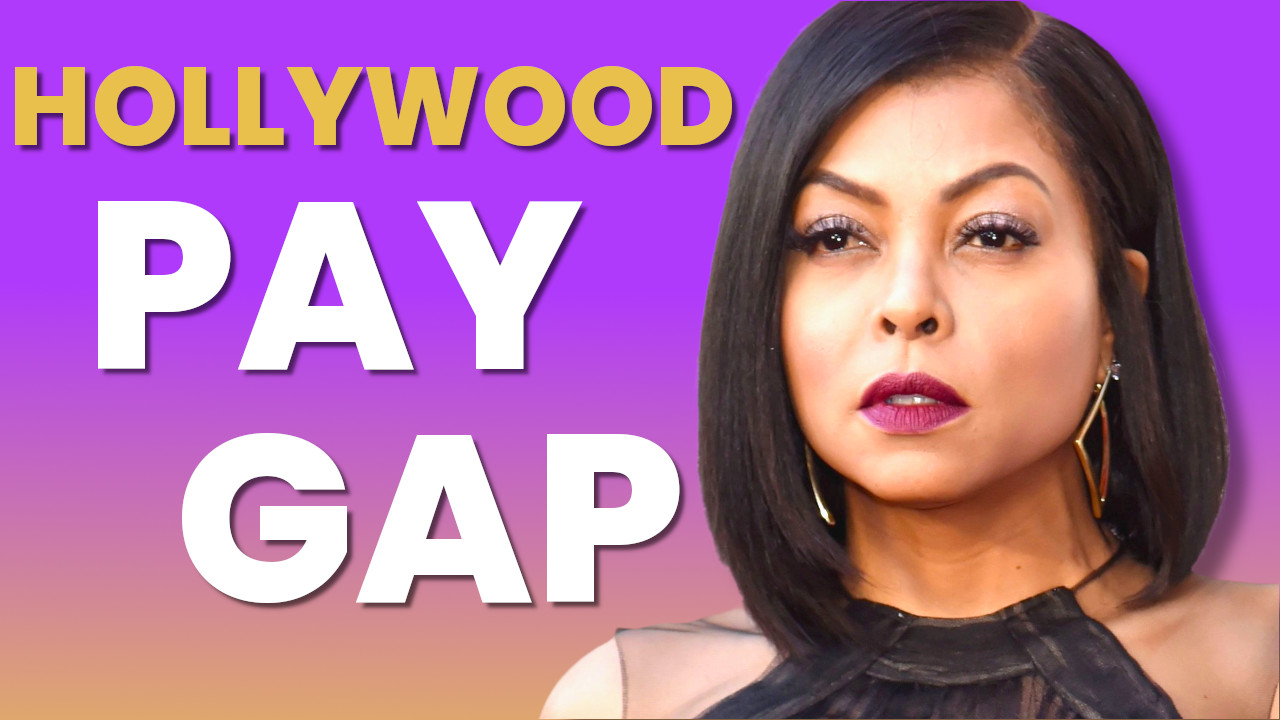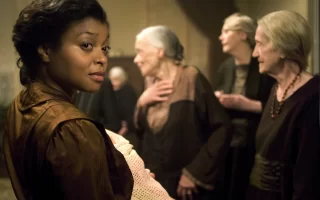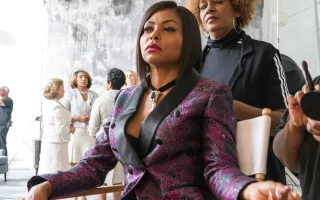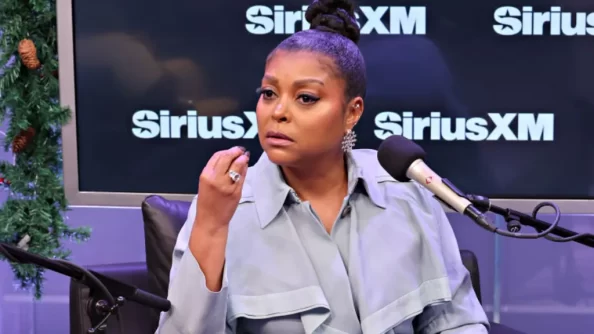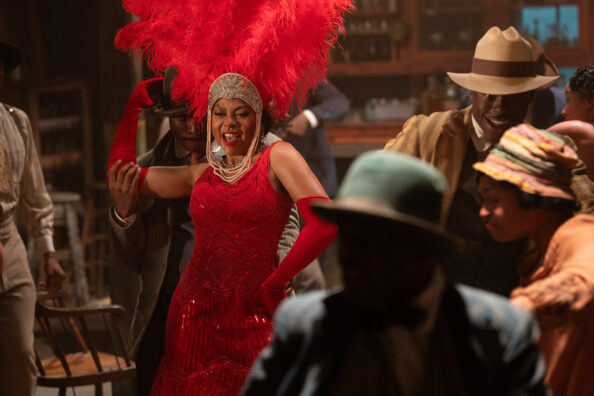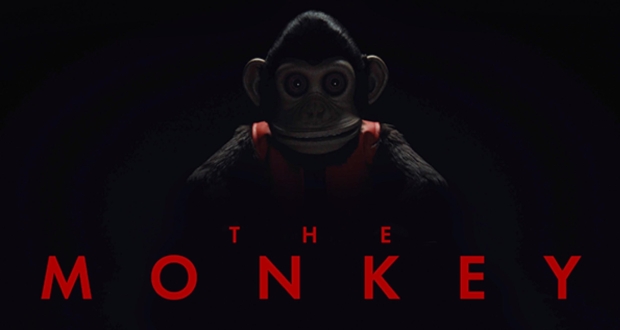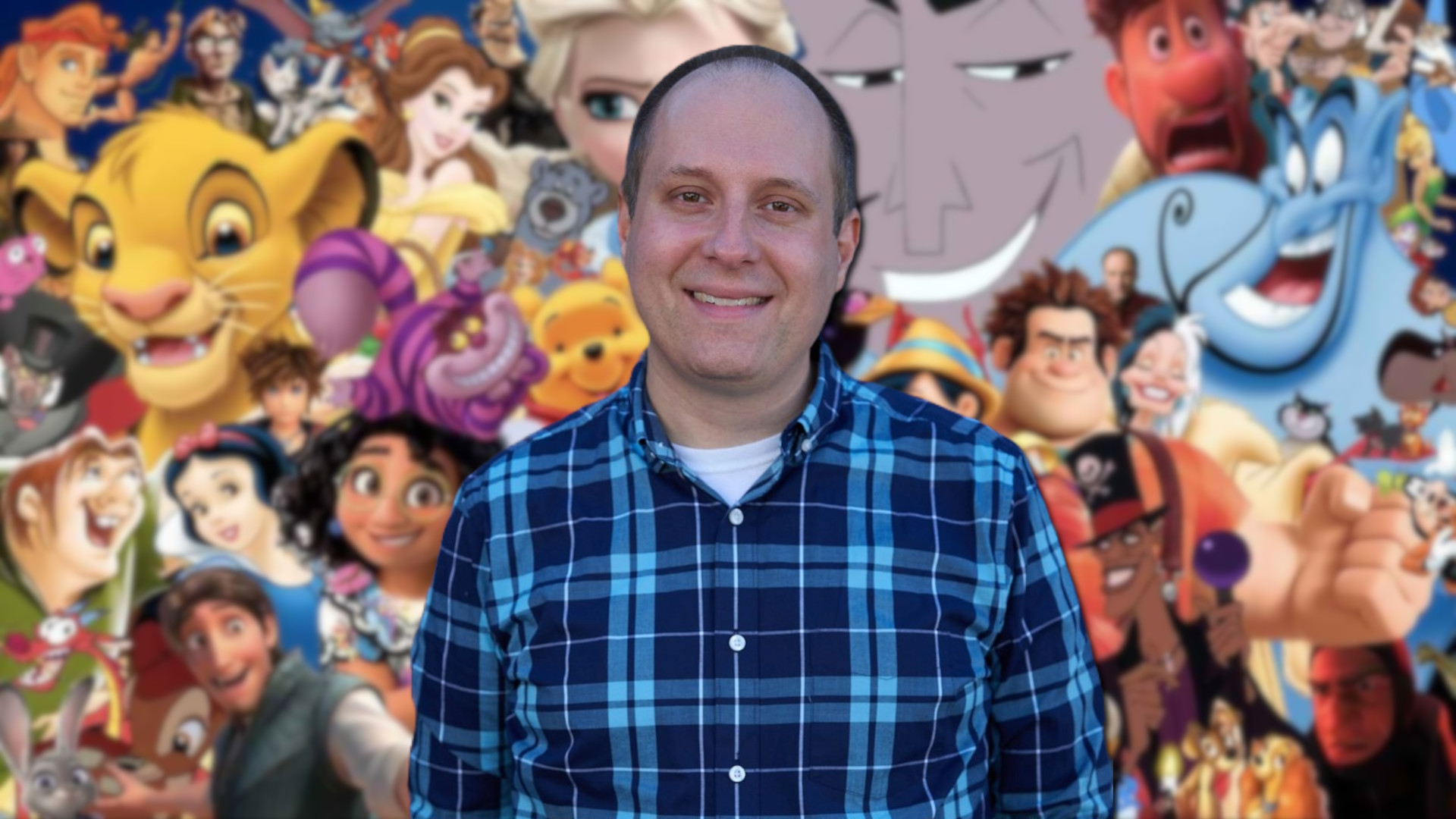In the world of Hollywood, we’re compelled to explore a touching topic – the persistent pay differences that affect the livelihoods of black actors. It’s vital to approach this discussion with empathy, understanding the challenges faced by the phenomenal black talents that grace our screens. In this blog post, we dig into the achievements and challenges faced by black actors, focusing on the inspiring journey of Taraji P. Henson.
Even in the face of widespread critical acclaim for her outstanding performances, Taraji P. Henson wrestles with challenges. These challenges are those that persist in an industry marked by disparities, illustrating the resilience required by black actors to overcome systemic hurdles. We’re going to take a look at the areas of Taraji’s achievements, the box office impact of her films, and the intricate negotiations they undergo in a world that should truly celebrate her brilliant contributions.
Talking About Talent
Before digging into the difficulties of Hollywood’s pay disparities, let’s celebrate Taraji P. Henson’s stellar achievements. You might remember her from the emotional rollercoaster that was “Baby Boy” back in 2001, where she showcased her raw talent and caught everyone’s attention. Then came “Hustle & Flow” in 2005, where she played Shug, stealing hearts and earning serious praise for her performance alongside Terrence Howard. It was clear she was onto something big. From her standout performances in “Hidden Figures” to her captivating role in “The Curious Case of Benjamin Button,” Taraji P. Henson, is a beacon of talent. Taraji’s talent also earned her a Primetime Emmy Award for her role in “Empire.”
Taraji’s Awards Consideration
Academy Awards 2009 (Oscars):
- Nomination for Best Supporting Actress: “The Curious Case of Benjamin Button” (2009)
Primetime Emmy Awards:
- Outstanding Lead Actress in a Drama Series: “Empire” (2015, 2016)
Golden Globe Awards:
- Best Performance by an Actress in a Television Series – Drama: “Empire” (2016)
Screen Actors Guild Awards:
- Outstanding Performance by a Cast in a Motion Picture: “Hidden Figures” (2016) – Shared with the cast
- Outstanding Performance by a Female Actor in a Supporting Role: “The Curious Case of Benjamin Button” (2009)
Critics’ Choice Television Awards:
- Best Actress in a Drama Series: “Empire” (2015)
NAACP Image Awards:
- Outstanding Actress in a Motion Picture: “Hidden Figures” (2016)
- Outstanding Actress in a Motion Picture: “The Curious Case of Benjamin Button” (2009)
- Outstanding Actress in a Drama Series: “Empire” (2015-2017)
- Entertainer of the Year: 2016
Boston Online Film Critics Association Awards:
- Best Cast:
- “Hidden Figures” (2016) – Shared with the cast
Satellite Awards:
- Outstanding Actress in a Motion Picture, Comedy or Musical:
- “The Curious Case of Benjamin Button” (2009)
These accolades, however, come against a backdrop of challenges, including this ongoing struggle for equitable compensation.
“I want to make this very clear – I’m not saying that Brad or Cate shouldn’t have gotten what they got,” Henson told Variety about the pay gap. “They put asses in seats, so give them their money. They deserve it. I’m not saying they shouldn’t get what they’re getting. I was just asking for half a million – that’s all. That’s it. When I was doing ‘Benjamin Button,’ I wasn’t worth a million yet. My audience was still getting to know me. We thought we were asking for what was fair for me, at the time.”
Henson had to settle for $150,000 for a role that would end up earning her an Oscar nomination for Best Supporting Actress. The actress told Variety she expected there to be a pay negotiation (“I’m a black woman, so I knew it was going to be a fight”), but the final offer well below $200,000 was a shock. – Indiewire
Black Actors’ Box Office Influence:
Turning our attention to the box office, it’s vital to admit the significant influence of films featuring Taraji and other black actors. Their movies are not merely cinematic experiences; some are transformative journeys that echo with diverse audiences. As we explore box office numbers, let’s admire the undeniable draw black actors bring to the big screen. Their ability to captivate audiences and command attention translates not only into box office revenue but also into the cultural impact of each film.
That ability should also be reflected in equitable compensation that mirrors their contribution to the success of these projects. Equitable compensation should not be seen as a concession but as a rightful acknowledgment of the instrumental role they play in making these films not just memorable, but financially viable. They are often integral to the financial success and widespread acclaim of the very industry that sometimes falls short in acknowledging their worth.
Taraji P. Henson
- Hidden Figures (2016):
- Worldwide Box Office: Over $236 million
- Baby Boy (2001):
- Unfortunately, specific box office figures for “Baby Boy” are not readily available.
- Hustle & Flow (2005):
- Worldwide Box Office: Around $23 million
- The Curious Case of Benjamin Button (2008):
- Worldwide Box Office: Over $333 million
- Smokin’ Aces (2006):
- Worldwide Box Office: Around $57 million
- The Karate Kid (2010):
- Worldwide Box Office: Over $359 million
- Think Like A Man (2012):
- Worldwide Box Office: Around $96 million
- Think Like A Man Too (2014):
- Worldwide Box Office: Around $70 million
- No Good Deed (2014):
- Worldwide Box Office: Around $54 million
- What Men Want (2019):
- Worldwide Box Office: Around $72 million
Sympathizing with Negotiation Struggles:
Navigating the elaborate landscape of Hollywood negotiations involves a delicate dance between producers and the artists. Producers are driven by the desire to secure talent as cost-effectively as possible. Artists are determined to maximize their earnings for the work requested. Producers often enter these discussions viewing the talent’s salary as an investment in the project. From a producer’s perspective, investing less in talent upfront can yield a higher return on investment. On the flip side, artists, like Taraji P. Henson strive to demonstrate that their compensation is not merely a cost but a valuable investment. They aim to showcase that their performance and star power will significantly enhance the film’s success.
Systemic Issues In Negotiations
It’s critical to recognize that these experiences are not isolated incidents for a few but symptomatic of systemic issues deeply rooted in the industry. Hollywood as a culture, despite progress, continues to wrestle with the fundamental issues of diversity, representation, and equitable treatment. The continuing wage gaps and challenges in negotiating fair compensation for black actors highlight wider patterns of inequality. Black actors and actresses, historically, cope with disparities in award recognition compared to their counterparts. Awards play a pivotal role in shaping public perception and can directly impact salary negotiations. The historical lack of equitable recognition intensifies the challenges faced by black actors and actresses, influencing their ability to negotiate salaries that reflect their true worth.
At heart, these negotiations become a frontline not only for fair compensation but also for undoing systemic barriers that perpetuate disparities. Black actors and actresses navigate a space where the historical underrepresentation in awards translates into tangible consequences during salary discussions. Let’s sympathize with the intricacies of these negotiations, recognizing the need for fair compensation that aligns with their immense talent and the audience draw they consistently demonstrate. It’s a plea for an industry-wide shift toward acknowledging the worth of these actors and ensuring that their compensation reflects the impact they bring to every project.
Gender and Racial Dynamics:
Taking a socially aware perspective, we cannot ignore the gender and racial dynamics at play. The struggles faced by black actresses, including Taraji P. Henson, demand attention and should encourage an examination. Let’s use this platform to shed light on the intersectionality of race and gender in Hollywood, urging for a more inclusive and equitable industry that values every artist for their unique contributions fairly.
In examining the gender and racial dynamics within Hollywood, it’s vital to confront the blunt realities that black actresses, including Taraji P. Henson, grapple with. According to a recent industry report, black actresses are consistently underrepresented in lead roles, with only a fraction securing opportunities comparable to their white counterparts. The statistics reveal a disheartening pattern where, despite the undeniable talent and versatility of black actresses, they face a persistent scarcity of substantial roles that reflect the diversity of their skills.
This lack of representation limits their visibility and contributes to the wage disparities experienced during negotiations. Moreover, instances of pay inequity become glaringly evident when we compare the compensation of black actresses to their peers, highlighting the need for an industry-wide reckoning with the systemic biases that perpetuate these discrepancies. The challenges extend beyond the negotiation room, impacting the overall trajectory of black actresses’ careers and reinforcing the urgency for transformative change to foster a more inclusive and equitable Hollywood landscape.
Conclusion:
In wrapping up this examination, let’s support the cause of equity and fairness for Taraji P. Henson and countless other black actors and actresses. By celebrating their triumphs, acknowledging their impact at the box office, and understanding the complexities of their negotiations, we contribute to a narrative that seeks to rectify the disparities in Hollywood. It’s a collective call to ensure that the talents of these exceptional individuals are not only recognized but compensated fairly, ushering in an era of true equality in the entertainment industry.
As we navigate through the challenges specifically faced by black actors and actresses in Hollywood, it’s crucial to recognize that change begins with awareness and conversation. What are your thoughts on the disparities we’ve explored today? How can we collectively contribute to a more inclusive and equitable entertainment industry? We invite you to share your insights and perspectives.
Let’s keep fostering a space for discussions that push us towards a future where every artist, regardless of their background, is not only recognized for their talents but is also granted the opportunities and compensation they rightfully deserve. Together, let’s advocate for an industry that celebrates diversity and dismantles the barriers that hinder the full realization of artistic potential. Your voice matters, and your voice can be a means for positive change.
